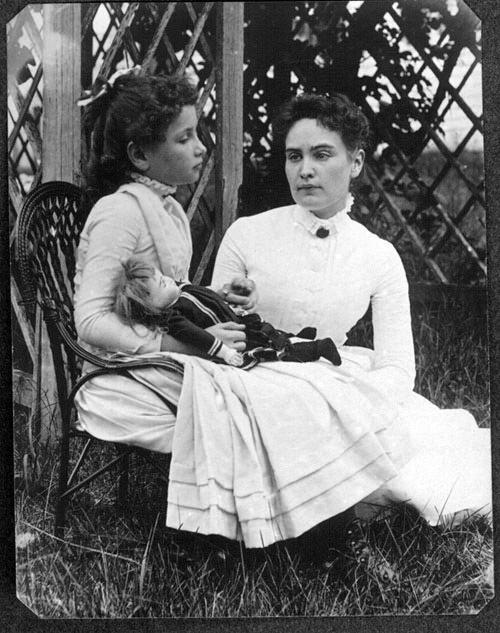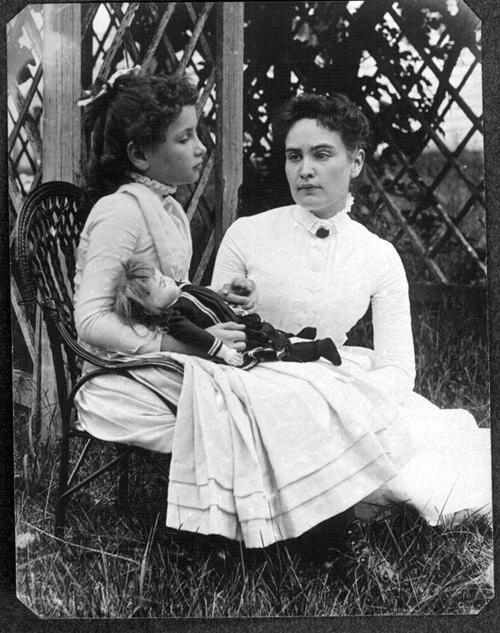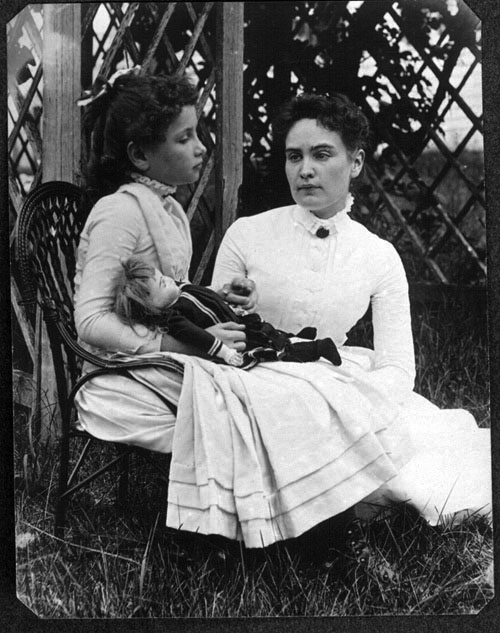Helen Keller (1880-1967)
Although visually and hearing impaired, Helen Keller became a great writer, political activist, and lecturer.
Born on June 27, 1880 in Alabama, Keller suffered an illness when she was 19 months old that left her deaf and blind.
When Keller was 7, a teacher named Anne Sullivan became her instructor. Sullivan helped Keller learn to communicate with others and to overcome psychological disadvantages that had developed due to her handicaps. With Sullivan’s help Keller developed a positive and cheerful personality. Sullivan began as Keller’s teacher and became her companion.
Keller’s successful life story is like a torch that can help show the way for anyone in difficult circumstances. In her life, she spared no efforts to help people, especially working as an advocate for the disabled.
Sigmund Freud (1856-1939)
Sigmund Freud was an Austrian neurologist and the founder of the discipline of psychoanalysis. He gave an account of human life differing from speculative theology and philosophy in its emphasis on the role of the unconscious mind. Freud sought to treat psychopathology through conversation with patients, using the techniques of free association and dream analysis to help the patient understand the unconscious sources of his or her problems.







